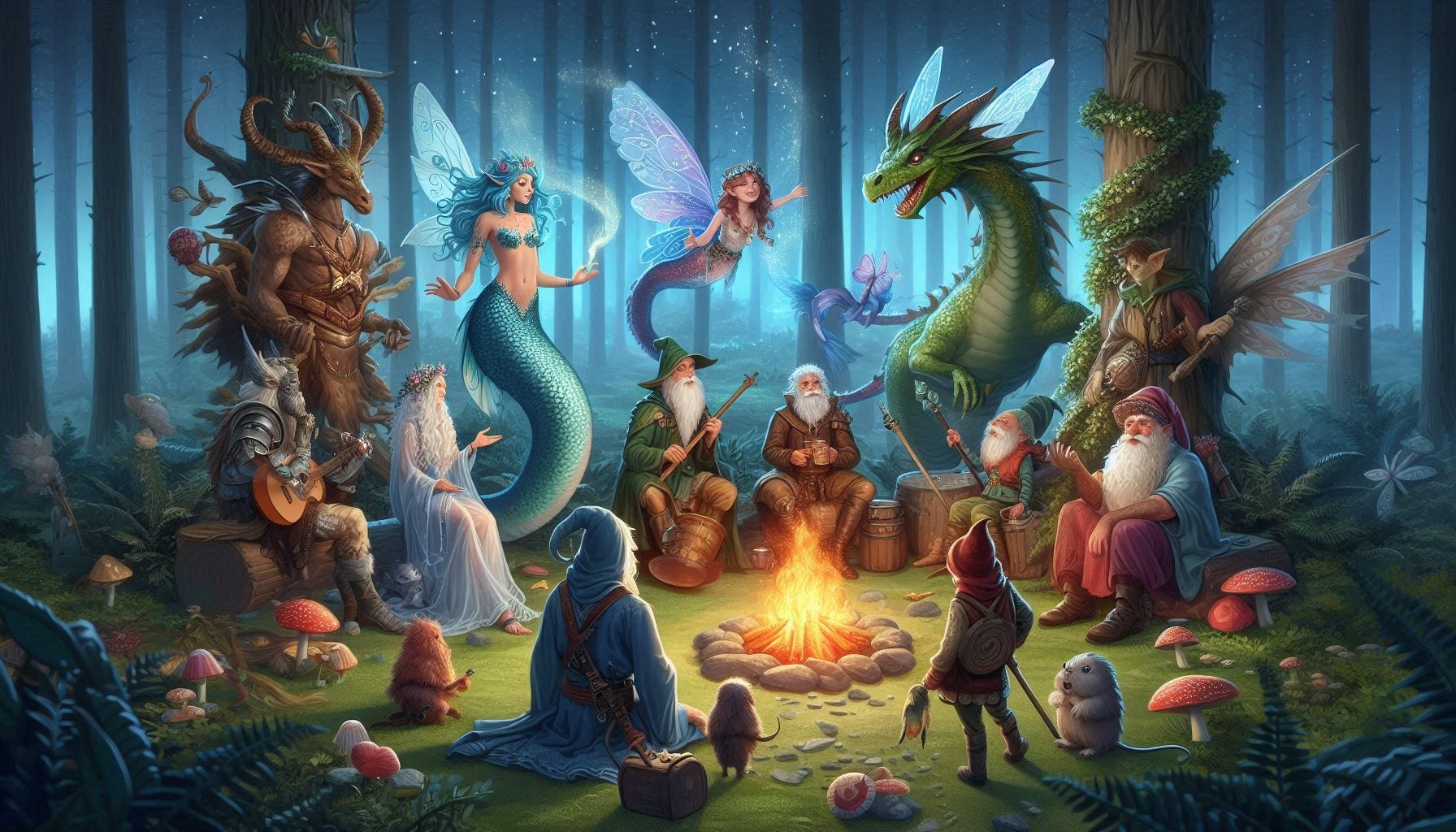The Inspiration for Fantasy Authors
Which books have inspired epic fantasy novels?
The one aspect of reading that fascinates me the most is who inspired the writers who write popular books. Every person who has written has been inspired by someone. Within my writing, I try to adopt some of the storytelling that Ann Rule uses in her true crime books.
Chaucer and several other writers inspired Shakespeare. He would write many passages and phrases in his commonplace book that had inspired him. When writing his plays, reworks of these ideas and passages formed the basis of his stories.
Fantasy is a genre that I dip in and out of. I would not call myself a hardcore fan, but I have read some and immensely enjoyed them. What inspired these writers to build the world the way they do? Many have cited other writers as their inspiration; here are three fantasy writers and those that inspired them.
Stephen King
King has mastered many genres with his books and has spoken at length about the importance of reading and writing. Throughout his career, he has recommended many books, but these are some of the more obscure that he cites as being the inspiration for some of his classics.
Lord of the Rings is an epic fantasy. The level of detail that Tolkien used in his stories is similar to that of the world-building King is famous for. Tolkien used to design maps for his characters' journeys and constantly redesigned them as the story progressed. King has a detailed plan for his multiverse.
George Orwell's 1984 has also been mentioned as an inspiration for King. The Long Walk was said to be inspired by this book.
Lord of the Flies is another King favourite, and a strange addition is Watership Down. King has also stated that the western Lonesome Dove is one of his favourite books and has inspired many King fans to pick it up and read it, increasing its popularity recently.
George R.R Martin
George R.R Martin, famous for the A Song for Fire and Ice books made into the hugely popular television show Game of Thrones, has been kind enough to share his favourite books with his readers.
One is Dying Earth by Jack Vance, considered the cornerstone of science fantasy literature. The books tell the story of a decaying world combined with beautiful prose.
Each story introduces more diverse characters, and this writing can be seen in the array of characters Martin uses in his books. Dying Earth is celebrated for its moral ambiguity and world-building, both of which have been used to describe Martin's books.
The other book he mentions is 9 Princes in Amber by Roger Zelaney. 9 Princes is a high fantasy novel that blends adventure and intrigue. The story follows Corwin, a prince of Amber, as he awakens on Earth with amnesia and gradually uncovers his heritage as a member of the ruling family of Amber—an actual world from which all other worlds, including Earth, are mere shadows.
Both series of books show complex family relationships; you can't get much more complicated than the Lannisters. They also use some magic in their storytelling, although Martin's is much more subtle.
Ursula K.Le Guin
Guin is known for her speculative fiction, which has a range of philosophical meanings. She cites many authors as her inspiration; she is a reader as much as a writer.
Guin is said to have been inspired by Virginia Woolf and her modern approach to structure and exploration of the conscious mind. Orlando inspired Guin to focus on the characters' identities, which alter over time.
She is also said to have been inspired by Lord of the Rings and Tolkien's ability to write such a detailed multilayered world. Her hugely popular Earthsea series reflects a similar intense level of world-building.
As a child, she loved to read folklore, none more so than The Brothers Grimm and their collection of Fairy Tales; these influences can also be seen in the mythical qualities of Earthsea.
Like King, she also liked 1984, but she also speaks about her love of one of my favourite books, Aldous Huxley's Brave New World. Although not as popular as 1984, it is just as well-written. Guin used these authors to teach her to explore societal structures and political systems, as shown in The Dispossessed and The Lathe of Heaven.
Le Guin’s inspirations were as varied and layered as her works. She has drawn not only from talented fellow writers but also from philosophy and mythology throughout many decades.
Who Inspires You?
If you read a lot, most would occasionally ponder whether you could write a book even if you have never tried. One of my favourite crime writers, Chris Carter, inspired my crime novel. He writes with a level of detail about the crime that few have done before. I like to think my novel has this level of detail and, yes, gore.
Books can inspire us to write, read more, or be better. The people that inspire us are often those we most like reading.
So tell me, which authors have inspired you?



Jack London inspired me as a kid to begin experimenting with writing my own fiction, and his versatility and blunt attitude towards life are things I try to apply to my own career and stories.
As a young adult, I became a fan of horror and mystery writer Robert Bloch, because of his intricate plotting, his unique use of old horror stereotypes, and, particularly, his sense of humor (which is rare in his genre). That he had success as a short story writer, novelist, and a radio and film writer gave me a role model for trying to be successful in those areas.